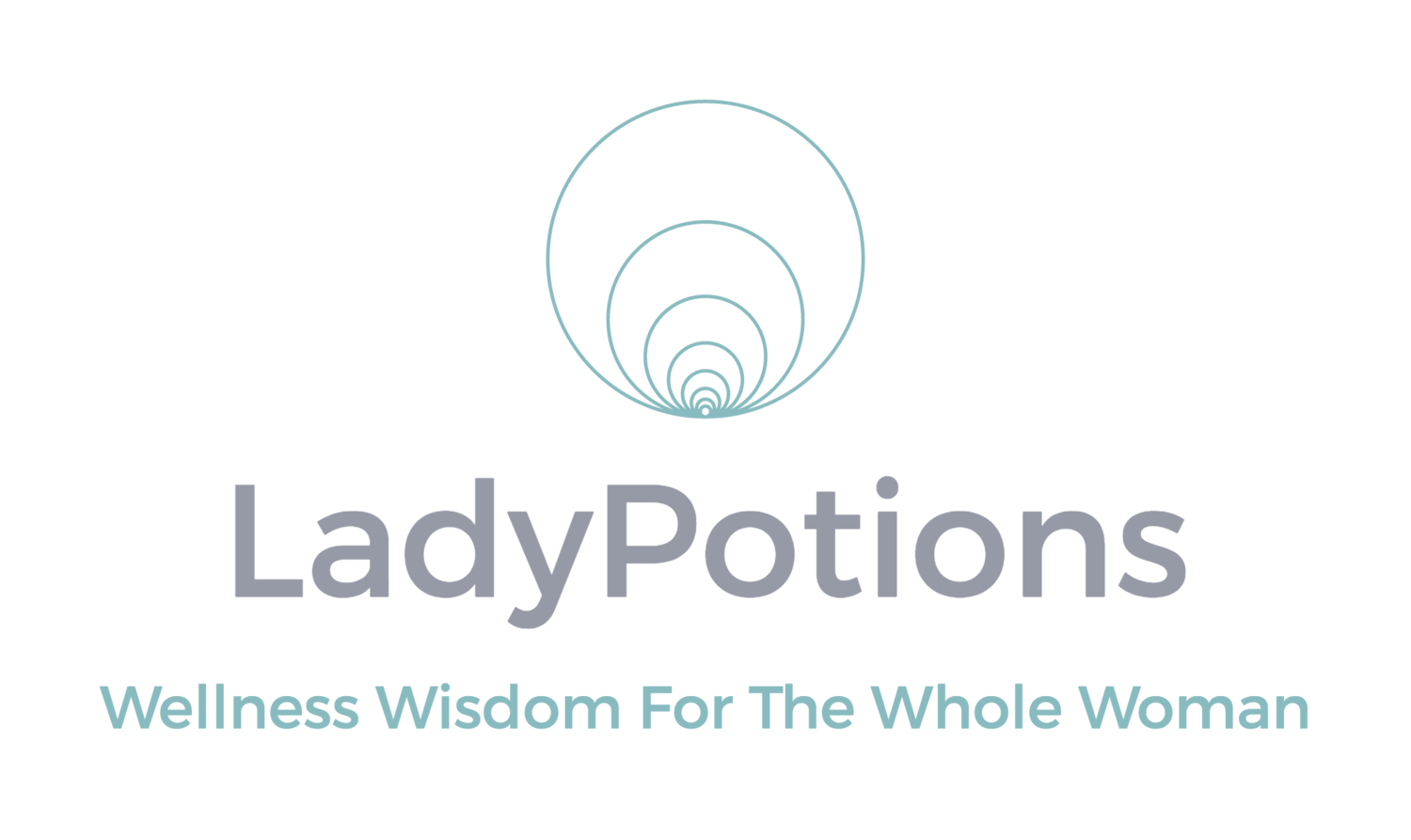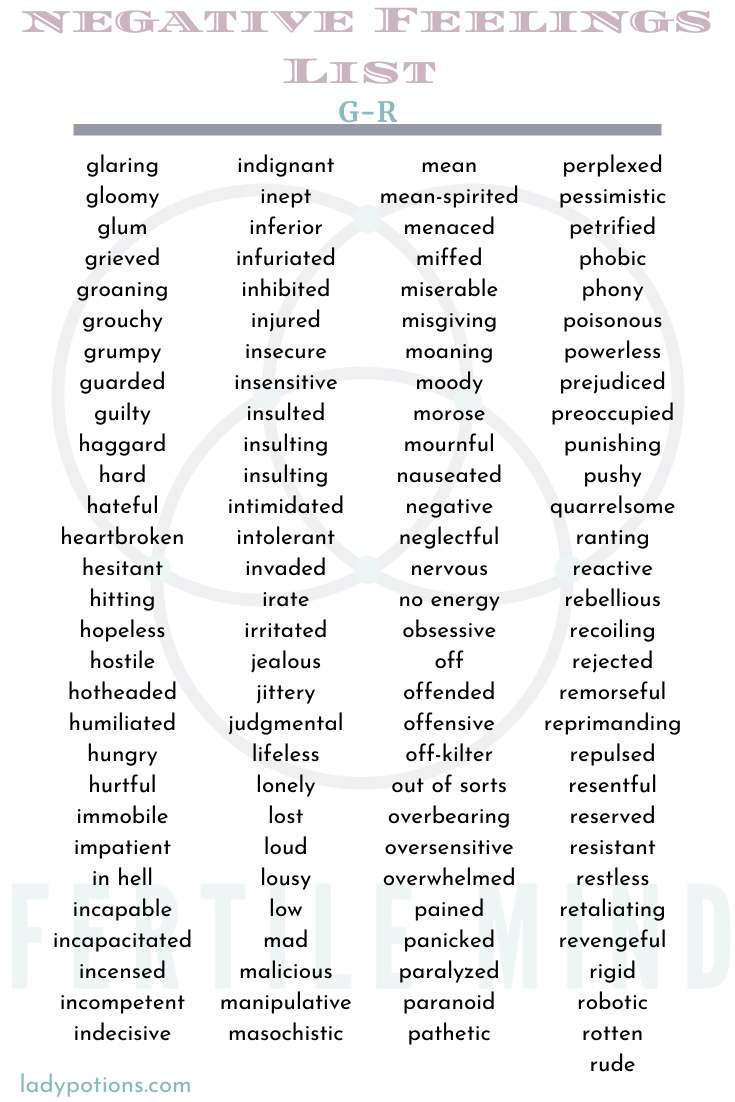Key Talking Points:
Liz’s postpartum experience
How Liz became a coach
Understanding the ladder model
Dealing with negative emotions
What causes postpartum depression?
Chinese medicine for depression
Believing in something bigger than yourself
The 50-50 rule
Can depression be inherited?
How the mind communicates with the body
Key Milestones of the Episode:
(04:02): Getting to know Liz
(06:01): How Liz fought and got out of depression
(08:51): How Liz became a coach
(12:19): Understanding the model… What Liz calls a ladder
(20:35): Dealing with negative emotions
(22:27): Emotional adulthood
(23:51): Emotional vomit
(26:18): What causes postpartum depression?
(31:38): Chinese medicine view on depression
(34:11): Believing in something bigger than yourself
(38:58): The 50/50 rule
(43:13): Can depression be inherited?
(45:12): How your mind communicates with the body
If you think you or someone you know are affected here are the key points to understand how and when to get help with a professional and what the difference is between the baby blues and PPD.
Signs and Symptoms of PPD can include any of the following and last for 2 weeks to 12 months.
Postpartum Depression Onset & Frequency of Occurrence
In the US, estimates of new mothers identified with PPD each year vary by state from 8% to 20%, with an overall average of 11.5%. 11
Expert opinions vary as to the timing of the onset of PPD. For example, symptoms of PPD can begin:
• During pregnancy or following childbirth up to 4 weeks Diagnostic and Statistical Manual of Mental Disorders, 5th Edition (DSM-5) definition2
• During pregnancy or following childbirth up to 12 months The American College of Obstetricians and Gynecologists (ACOG) definition8
• Without treatment, symptoms may persist for months or up to a year.9
Symptoms include
EMOTIONAL • Feeling sad, hopeless, empty, or overwhelmed • Crying more often than usual or for no apparent reason • Feeling worried or overly anxious • Moodiness, restlessness, or irritability • Anger or rage • Persistent doubt about your ability to care for your baby • Thoughts of harming yourself or your baby
PHYSICAL • Physical aches and pains • Changes in appetite • Lack of sleep or oversleeping • Difficulty concentrating
BEHAVIORAL• Loss of interest in things that are usually enjoyable • Avoiding friends and family • Having trouble bonding or forming an emotional attachment with your baby
The Baby Blues Onset & Frequency of Occurrence
Generally peaks within the first few days post delivery and resolves without treatment within 2 weeks. 3,7
Estimated to affect 80% of mothers. 3,12
Symptoms include 3,12
• Sadness • Frequent crying • Anxiety • Mood swings • Irritability • Insomnia • Anger • Fatigue
IF YOU ARE WORRIED YOU ARE EXPERIENCING PPD OR THAT YOU WILL VISIT https://www.postpartumdepression.com/ TO MAKE A PLAN AND GATHER TIPS ON HOW TO SPEAK TO YOUR PROVIDER WITHOUT BEING DISMISSED.
IF YOU ARE EXPERIENCING SUICIDAL THOUGHTS CLICK HERE TO FIND THE HOTLINE THAT BEST FITS YOUR SITUATION https://afsp.org/find-support/im-having-thoughts-of-suicide/
Key Quotes from the Episode:
“It’s always an option for us to open ourselves up to whatever the universe has to offer us.”
“As we take more responsibility, we have more power.”
“Your thoughts precisely create your exact experience of whatever circumstance you are facing right now.”
“The most profound thing about the model is that it truly can solve any problem for any human being.”
“The more decisions you have to make in a day, the less willpower you have as the day goes on.”
“Your feeling will create your actions.”
“We have the ability with our human brain to attribute thoughts to a circumstance and, therefore, feel something.”
“One of my gifts is just being able to do it in a way that’s not heavy, and it’s not draining, and it’s not shaming.”
Connect with Liz Langston:
Instagram
Website
Listen to her podcast: The Postpartum Coach Podcast
Related Episodes on Coaching
https://www.ladypotions.com/fmradio/2019/11/19/episode-82-the-1-tool-to-stay-sane-while-ttc
https://www.ladypotions.com/fmradio/2019/3/24/episode-48-how-to-manage-your-fertility-thoughts
https://www.ladypotions.com/fmradio/2019/6/2/episode-52-mindful-moment-creating-certainty-when-you-are-anything-but?rq=certainty
References: 1. FAQ091 Labor, Delivery, and Postpartum Care. American College of Obstetricians and Gynecologists. Obstet Gynecol. 2013:1-3. 2. American Psychiatric Association. Diagnostic and Statistical Manual of Mental Disorders. 5th ed. Arlington, VA: American Psychiatric Association Publishing; 2013. 3. Earls MF; Committee on Psychosocial Aspects of Child and Family Health American Academy of Pediatrics. Incorporating recognition and management of perinatal and postpartum depression into pediatric practice. Pediatrics. 2010;126(5):1032-1039. 4. Prevalence of Self-Reported Postpartum Depressive Symptoms–17 States, 2004-2005. Centers for Disease Control and Prevention website. https://www.cdc.gov/mmwR/ preview/mmwrhtml/mm5714a1.htm. Accessed November 2, 2017. 5. Robertson E, Celasun N, Stewart DE. Risk factors for postpartum depression. In: Stewart DE, Robertson E, Dennis CL, Grace SL, Wallington T. Postpartum Depression: Literature Review of Risk Factors and Interventions. Toronto, Canada: University Health Network Women’s Health Program; 2003. 6. Depression Among Women. Centers for Disease Control and Prevention website. https://www.cdc. gov/reproductivehealth/depression/index.htm. Accessed May 3, 2018. 7. Postpartum Depression Facts. National Institute of Mental Health website. https://www.nimh.nih.gov/health/publications/ postpartum-depression-facts/index.shtml. Accessed July 12, 2018. 8. Screening for Perinatal Depression. ACOG Committee Opinion No. 757. American College of Obstetricians and Gynecologists. Obstet Gynecol. 2018;132:e208-212. 9. Vliegen N, Casalin S, Luyten P. The course of postpartum depression: a review of longitudinal studies. Harv Rev Psychiatry. 2014;22(1):1-22. 10. Moses-Kolko EL, Roth EK. Antepartum and postpartum depression: healthy mom, healthy baby. J Am Med Womens Assoc. 2004;59(3):181-191. 11. Ko JY, Rockhill KM, Tong VT, Morrow B, Farr SL. Trends in postpartum depressive symptoms—27 states, 2004, 2008, and 2012. MMWR Morb Mortal Wkly Rep. 2017;66(6):153-158. 12. As reviewed in Thurgood S, Avery DM, Williamson L. Postpartum depression (PPD). Am J Clin Med. 2009;6(2):17-22. 13. Abramowitz JS, Meltzer-Brody S, Leserman J, et al. Obsessional thoughts and compulsive behaviors in a sample of women with postpartum mood symptoms. Arch Womens Ment Health. 2010;13(6):523-530








